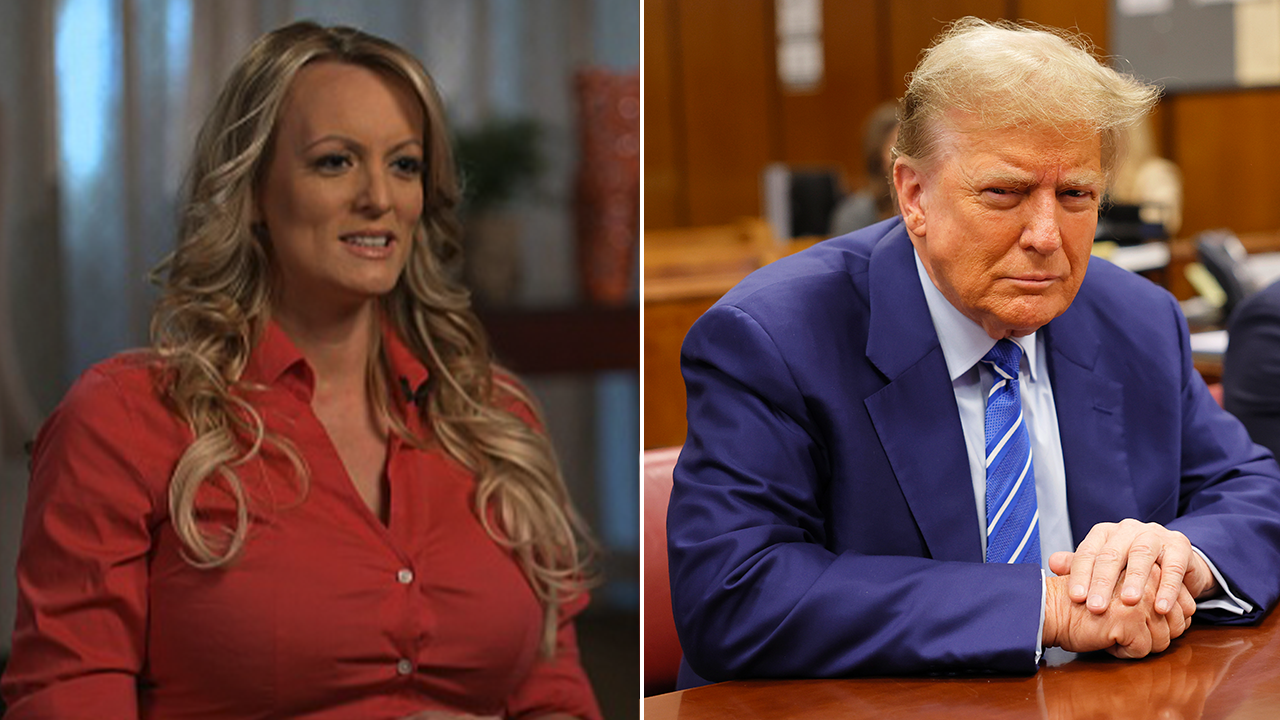EXCLUSIVE: The FBI is disputing reports that the bureau has been urging employees to increase the use of warrantless wiretapping on U.S. soil.
“Yesterday’s reporting in Wired magazine is a complete misrepresentation of the FBI Deputy Director’s email to the FBI workforce,” a spokesperson told Fox News Digital in a statement on Thursday. “Their allegationthat the FBI instructed its employees to violate the law or FBI policies is categorically false and insulting.”
At the heart of the issue is the FBI’s use of – and its directions to employees about – the controversial Section 702 of the Foreign Intelligence Surveillance Act (FISA). A Wired report on Wednesday quoted an April email sent out to employees about Section 702 by FBI Deputy Director Paul Abbate, including a portion in which Abbate encouraged employees “to continue to look for ways to appropriately use US person queries to advance the mission.”
While the section of Abbate’s email released by Wired emphasized the need for employees to use the tools “properly and in compliance with legal requirements” and to make sure queries into U.S. persons are “fully compliant with the law,” it also appeared to urge more frequent use of the program, arguing that doing so will “continue to demonstrate why tools like this are essential to our mission.”
CONGRESS CANNOT LET FISA SECTION 702 EXPIRE
FBI Deputy Director Paul Abbate (Anna Moneymaker/Getty Images/File)
Some lawmakers immediately took issue with the FBI’s apparent use of Section 702.
“The deputy director’s email seems to show that the FBI is actively pushing for more surveillance of Americans, not out of necessity but as a default,” Rep. Zoe Lofgren, D-Calif., told Wired in response to the email. “This directly contradicts earlier assertions from the FBI during the debate over Section 702’s reauthorization.”
But the FBI pushed back against Wired’s characterization of the email in the report, issuing a statement to the outlet that accused it of alleging “that the FBI instructed its employees to violate the law or FBI policies.”
Instead, the FBI said the email “emphasized Congress’ recognition of the vital importance of FISA Section 702 to protect the American people and was sent to ensure that FBI personnel were immediately aware of, and in compliance with, the privacy enhancing changes the law has put in place.”
The controversial 702 program allows the government to tap American companies to collect communications like calls, texts and email without the need for a warrant.
A requirement within the program aimed at protecting the privacy of Americans states that at least one of the targeted individuals of a request has to be a foreigner the FBI reasonably believed to not be on U.S. soil.
But the Wired report notes that a Justice Department review last year found that the FBI’s compliance rate hovered around 98%, a number that has been touted by FBI Director Christopher Wray and other FBI officials despite it being possible that thousands of its searches were still not in compliance with Section 702 guidelines.
Wray defended the program last month, arguing that requiring the FBI to obtain a warrant to scan the database of information under its Section 702 authority would jeopardize its ability to combat national security threats.
A top FBI official reportedly urged employees to make more use of a controversial surveillance program. (iStock)
“If there’s no constitutional, legal or compliance necessity for a warrant requirement, then Congress would be making a policy choice to require us to blind ourselves to intelligence in our holdings,” Wray said during a speech in front of the American Bar Association’s Standing Committee on Law and National Security.
The entirety of the email, which was reviewed by Fox News Digital, does lay out changes to current procedures for using Section 702 after President Biden signed H.R. 7888, the Reforming Intelligence and Securing America Act. Notably, Abbate’s email highlights that while there will be no changes to the current law that would require a warrant for queries into U.S. persons, there will be additional protections as part of the pre-approval process in order for FBI employees to make such a query.
HOUSE BRACES FOR BATTLE OVER RENEWING CONTROVERSIAL FISA SURVEILLANCE TOOL
The email also highlighted Wray’s effort to maintain the program, with Abbate telling employees that the FBI was able to give concrete examples that demonstrated to lawmakers how the program has helped “prevent attacks, warn victims, and inform intelligence analysis.”
FBI Director Christopher Wray speaks during a House Judiciary Committee hearing in Washington, D.C., on July 12, 2023. (Al Drago/Bloomberg via Getty Images)
In providing the full context of the email to Fox News Digital, the FBI said Abbate was merely highlighting the success of the program and changes to the law, encouraging employees to continue to demonstrate the useful nature of Section 702 while being mindful of compliance with the law.
“The Deputy Director was not asking for FBI personnel to find new ways to use the program, but rather to make full use of the tools which have been provided to us by Congress to protect Americans,” the FBI said. “As we have consistently said, U.S. person queries of FISA 702 data are crucial to connecting the dots to identify threat information within our lawfully-acquired holdings.”
The FBI also argued that a failure to “fully identify relevant threat information within that data, including through basic analytic techniques such as querying, puts Americans at unnecessary risk from foreign terrorists, spies, and hackers.”
“Having an attorney or supervisor review queries to ensure compliance before they can be run, as mandated by Congress in the new law, is how we can be confident in higher levels of compliance going forward while we use this vital tool to the full extent allowed by law to protect national security,” the FBI said.
Wired did not immediately respond to a Fox News Digital request for comment.
Michael Lee is a writer for Fox News. Prior to joining Fox News, Michael worked for the Washington Examiner, Bongino.com, and Unbiased America. He has covered politics for more than eight years.



